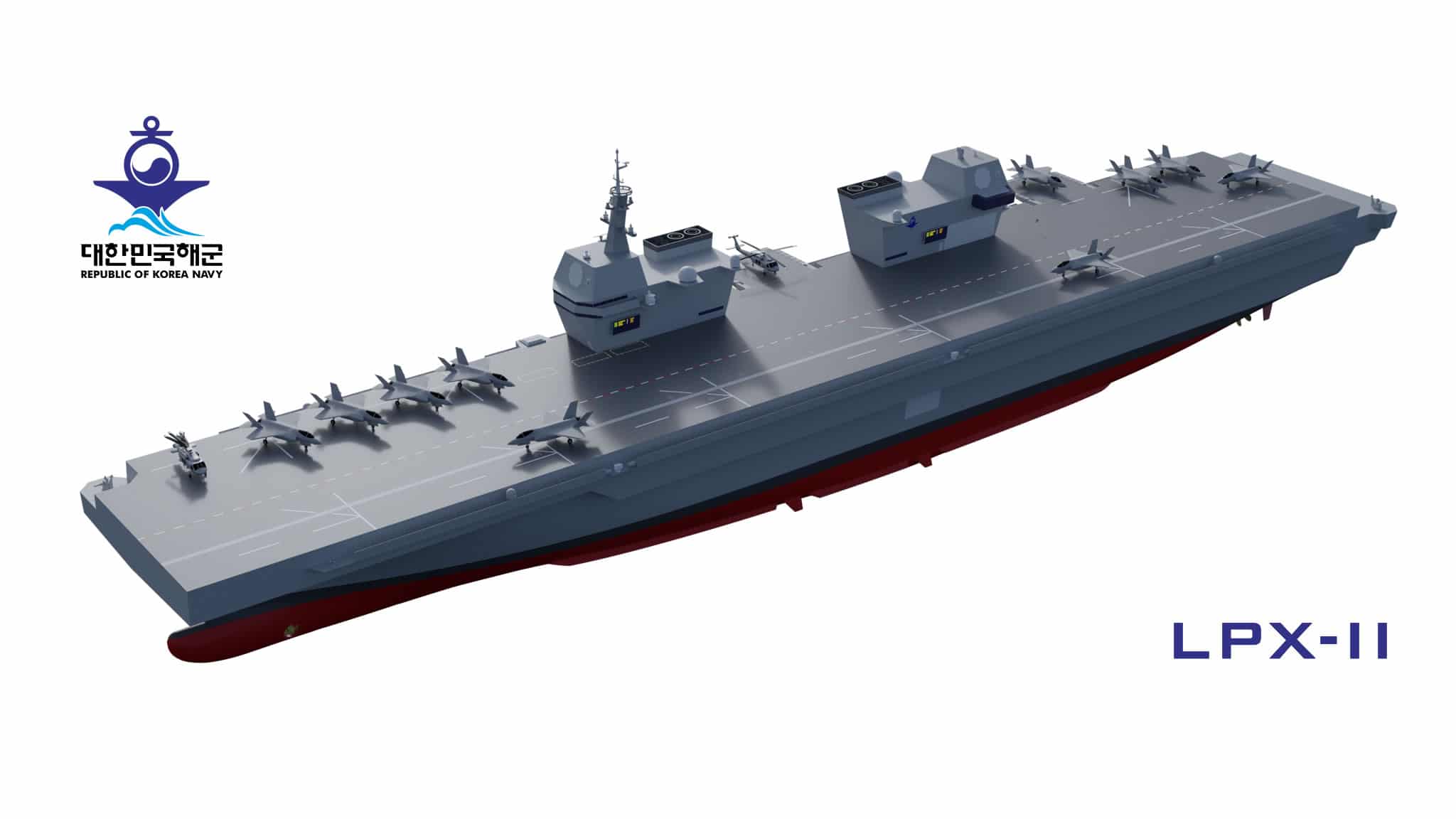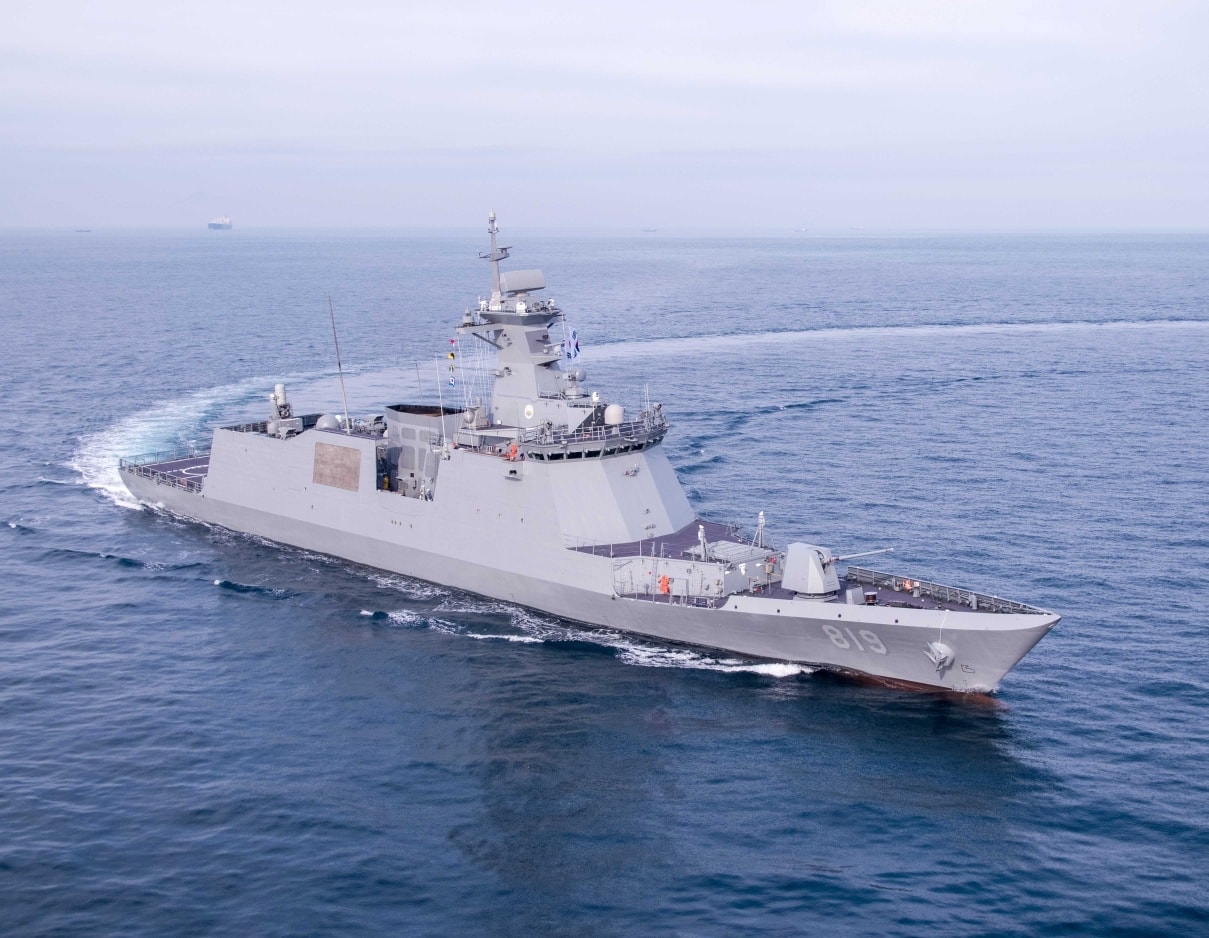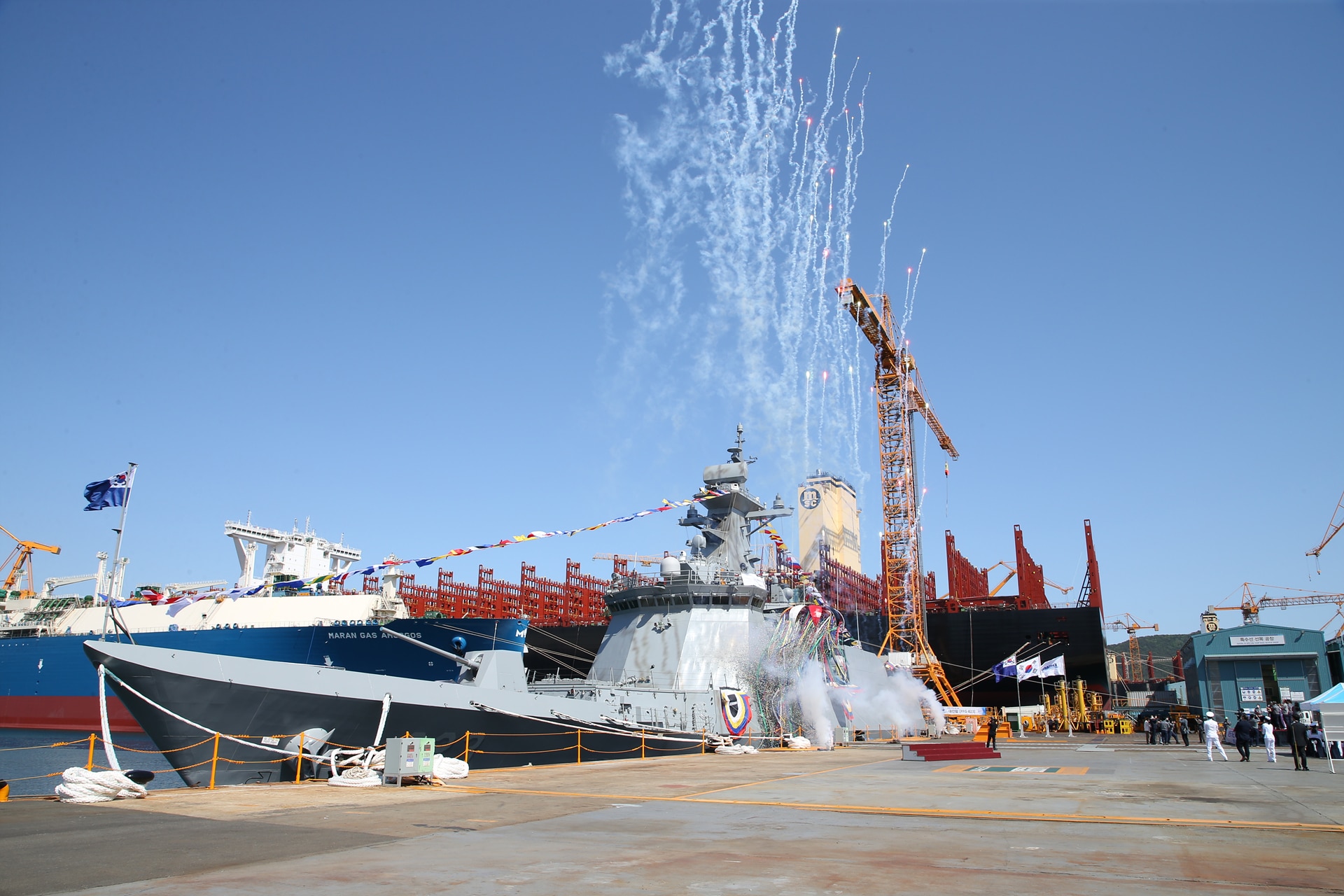The IRGC said that it had seized the chemical tanker MT
Hankuk Chemi on 4 Jan 2021 which has a gross tonnage of 9,797 tons, after receiving a request from the country's Ports and Maritime Organization.
The incident comes amid tensions over US$7 billion worth of Iranian assets is locked in South Korean banks after Washington tightened sanctions against Tehran. In April 2020, Seoul gained sanctions exemption from Washington for exports of humanitarian goods to Tehran. A foreign ministry official confirmed that the two countries and the U.S. have been in talks about using the Iranian money frozen at South Korean banks due to U.S. sanctions to purchase COVID-19 vaccines from a global vaccine procurement program.
Tehran reportedly had made the proposal to Seoul about the idea as a way to settle the issue over the frozen money, as it has been seeking to secure COVID-19 vaccines through the COVAX Facility.
South Korea's Defence Ministry on said it had dispatched its anti-piracy unit to waters near the Strait of Hormuz, a narrow shipping route in the Gulf region, to "ensure the safety" of South Korean nationals, after Iran's Islamic Revolutionary Guard Corps, or IRGC, seized a South Korean-flagged tanker.
In Jan 2020, South Korean officials announced that they would expand their
Cheonghae military unit, which has previously been focused on anti-piracy missions in the Gulf of Aden in cooperation with the U.S. Navy-led
Combined Task Force 151, to
also cover operations in and around the Strait of Hormuz. South Korean Navy destroyers make rotational deployments in support of the Cheonghae unit, and form the core of that force.
Korean Foreign Minister Kang Kyung-wha told reporters that the ROK was making diplomatic efforts to try to secure the release of the tanker and its crew, which includes sailors from Indonesia, Myanmar, South Korea and Vietnam.





